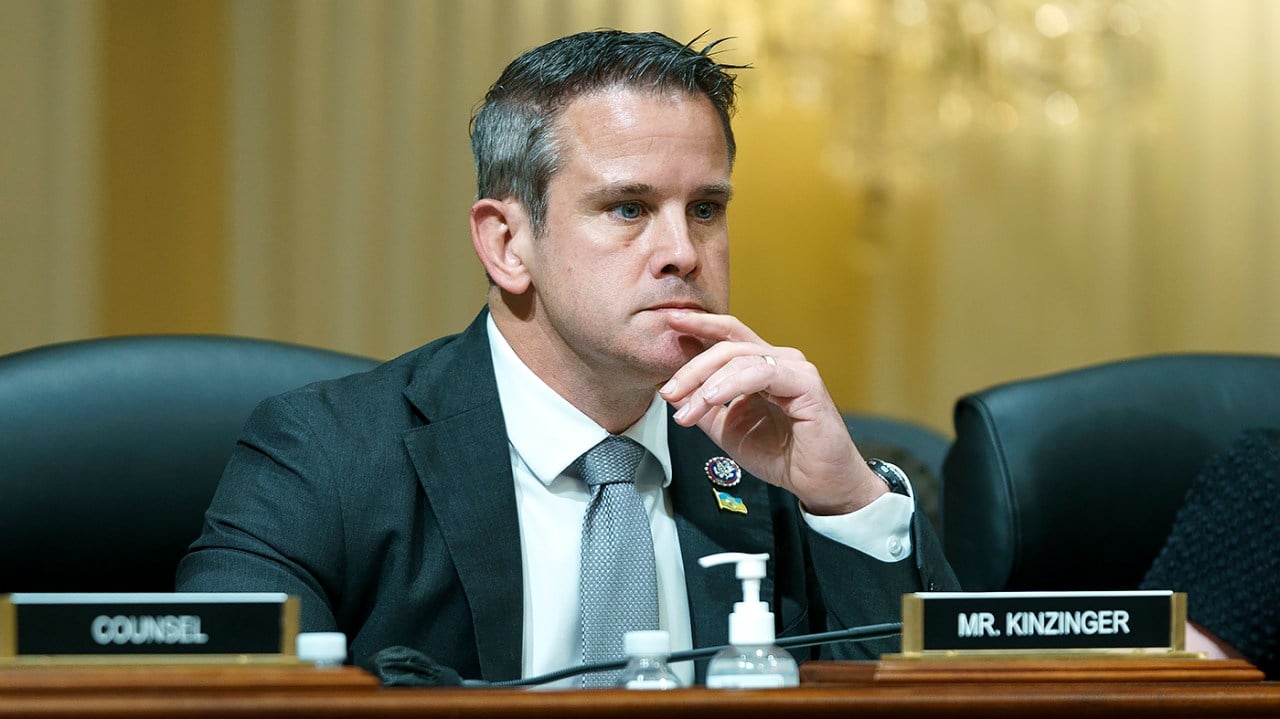Former Rep. Adam Kinzinger (R-Ill.) bashed former President Trump online and said Christians who support him “don’t understand” their religion.
“I’m going to go out on a NOT limb here: this man is not a Christian,” Kinzinger said on X, formerly known as Twitter, responding to Trump’s Christmas post. “If you are a Christian who supports him you don’t understand your own religion.”
Kinzinger, one of Trump’s fiercest critics in the GOP, said in his post that “Trump is weak, meager, smelly, victim-ey, belly-achey, but he ain’t a Christian and he’s not ‘God’s man.’”



There’s a question here of scripture vs religion. I think very clearly people who follow Trump do not understand the Christian scripture/Bible.
But scripture isn’t what religion is. Religion is the faith system that develops around that scripture, even if it’s contradictory at times. In that sense, evangelicals understand their religion perfectly well.
Yeah. Folks don’t understand theology and exegesis in religion. The critics of religion are guilty of the same problem the evangelical right: biblical literalism. Literalism is a modern method of interpretation where texts historically read as “mythos” arr now read as “logos”.
Yeah it always annoys me how some outspoken atheists often treat the Bible and other religious texts in the exact same manner the stupidest religious people do (maybe harsh way to say that). When I was still a Christian I was basically immune to atheist critiques of the Bible simply because I didn’t recognize the Bible in the literal way they attacked it, and the Christian arguments against Biblical literalism I found to be way stronger than atheist ones that dismissed so much information to function.
I went to a Lutheran University. Entered with some C.S Lewis style views, exited agnostic AF. But it was my religion and philosophy professors with Masters of Divinity that really pushed me in that direction. Despite exiting less religious than I entered, I exited with more respect for religious thought than when I entered.
Very similar especially with friends who were taking MDiv, and I actually lead the Christian fellowship at my school for 3 years before becoming atheist agnostic. I had a driving job 30 hours a week and would listen to philosophy and all kinds of lectures and popularized academic courses after I went through a bunch of literary classics. My ancestors also founded the Mennonite Brethren church and there’s a lot of radical beliefs like pacifism I was exposed to through that environment, I’m the first generation to fully assimilate.
I prefer the Marxian view of religion that people’s religious beliefs are not the source of their actions but instead that the religion is determined by conditions and motivations external to it and that religion is used to morally justify these conditions, as well as provide a means to address the suffering caused by conditions. We see religion evolve as people’s relationships with production evolve as well as power struggles and compromises between state powers. People often view Christianity as wiping out paganism rather than adopting aspects of it that would solidify state power for example. And people often treat religion as it’s own domain separate from culture, but I think that doesn’t explain things like civil religion or how religion actually functions. The way Calvinism during the 1600s develop alongside capitalism and these new economic relations it’s hard not to see religion in this way, and in the US you saw things like the Adventists and Mormons come out of Christian tradition which is basically a historical record of this process.
I think an error is the idea that atheists aren’t necessarily religious in an ideological sense, because a lot of them follow notions of civil religion and morality that are very much attached to theistic religions, or at least rely on the existence of concepts found in theistic religion. The idea that atheists and Christians are separate ideologically I think is false, in many cases they merely take the same moral framework and apply it for different political ends within the same broad economic consensus. And this makes a lot of sense as the recent Atheist movement in the 00s was very politically attached to the post 9/11 stuff that was happening. That movement split in the 10s along culture war lines as well, I personally saw many atheists turn into “race realists” and anti-feminists and the skeptics group I was attending basically ceased to exist because of this.